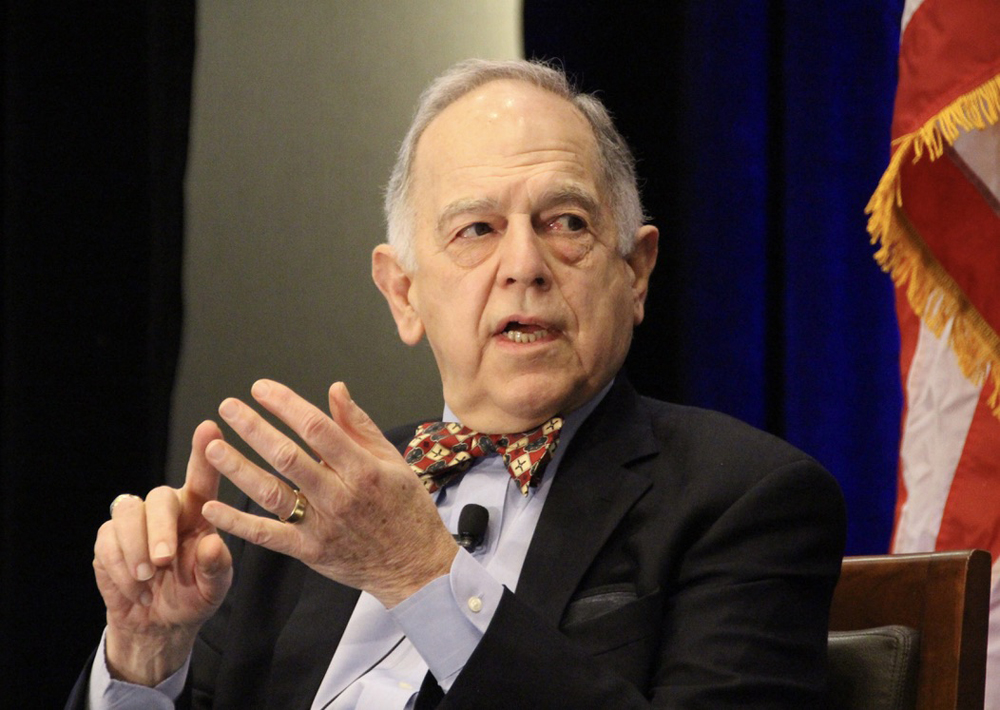
Trains Turntable: Commentary from Martin J. Oberman
The proposed Union Pacific-Norfolk Southern merger continues to dominate the news as well as conversation at all gatherings — formal and informal — in the railroad universe.
Unfortunately, because of a few unrelated actions in the political world, along with repeated spin by self-interested parties, there is a growing sense of cynicism among rail stakeholders and observers that the “fix” is in and that the Surface Transportation Board — the agency with sole legal authority over railroad mergers — will approve this merger, regardless of its merits.
I can say based on my years of direct experience with the current STB members that the perception of a “fix” is wholly divorced from reality.
This cynicism is not only unwarranted and unfair to the STB members and staff; it threatens to undermine the necessity, during the STB’s statutorily mandated review process, that stakeholders and the public provide their fulsome input and arguments — both in favor of and in opposition to the proposed merger — so that the STB can make the best-informed decision.
As if to underscore that there is no Republican or Democratic position on this merger, only two weeks ago, nine Republican senators and nine Democratic senators sent a joint letter to the STB urging that the Board “subject this proposed merger to a rigorous and comprehensive evaluation” and that the Board scrupulously apply its regulations and the statutes.
Having recently served on the Board for nearly 5½ years, the last 3½ as chair, I want to clear the air on what can be expected to be the STB’s approach to ruling on the merger application.
First, and most importantly, everyone needs to realize that the STB members and staff are, and always have been, fiercely committed to their independence from improper political influence, as set forth by Congress. Having been appointed by President Donald Trump as a member and by President Joe Biden to serve as chair, I can say from firsthand experience that at no time during my service at the STB did the White House or others of either party ever attempt to improperly mandate the outcome of any Board proceeding.
Second, I worked closely with the three current STB members — two Republican appointees and one Democrat appointee — in reviewing and voting on hundreds of important STB decisions. None were more important than our 17-month review of the Canadian Pacific-Kansas City Southern merger application and CSX’s acquisition of Pan Am Railways.
Throughout, I witnessed their integrity, independence, and fair analysis by their near fanatic devotion to examining the volumes of facts in the record and painstakingly basing their votes on that record, alone.
We knew then that our decision on these transactions — especially the CP-KCS merger — would have a significant and long-lasting impact on the health of the North American rail network. The current Board members will know now, with certainty, of the vastly greater impact on the rail network from their votes on the much larger proposed UP-NS merger.
If approved, such a merger would result in one railroad with a coast-to-coast 52,000-mile network, as compared to the 19,000-mile CPKC network. UP serves over 10,000 rail customers and NS serves thousands more. If those railroads merge — and if there is an ensuing merger between BNSF and CSX, which many expect and which the STB is required to assess and analyze while deciding whether the proposed UP-NS merger is in the public interest — the rail network serving industries throughout the U.S. will be permanently and unalterably changed, perhaps for the better and perhaps for the worse.
The magnitude of this decision on the long-term health of our economy could not be greater.
Throughout the Board’s review process, vast amounts of data will be submitted by the applicants and those in opposition. Opposing petitions will be filed by all sides along with hundreds of pages of briefs. An environmental review of the entire 52,000-mile network will be undertaken. Shippers, rail unions, other railroads, and the public will have an opportunity to be heard.
These interested parties must be encouraged to use their best efforts to educate the Board about their concerns — which in many cases are known only to them — and submit their best arguments and facts on their issues. This is essential in order for the Board to make fully informed decisions on all of the interim issues which can be expected to be raised, as well as the final decision on whether the merger can be approved, and if so, what conditions — and there are likely to be dozens or even hundreds of them — must be imposed to insure the public interest.
At the end of the process, an immense factual and legal record will have been compiled by the Board and its expert staff of economists and lawyers. Given the magnitude and detail of the record, and the many professionals responsible for it, it is virtually impossible for outside improper political influences to distort the record in a way which could affect the outcome.
Indeed, each of the current Board members’ commitment to their own independent and honest decision making based solely on their view of the record, as proven by their past STB service, ensures that the public interest will be protected during the merger review and final vote.
Moreover, the Board members well know that this record and the Board’s decisions will be reviewed by the courts, regardless of the outcome.
Nevertheless, if the current wave of cynicism misleads rail stakeholders and the public into thinking that the deal has been “greased” — as we say in Chicago — and therefore they need not utilize their opportunities to educate the Board, the Board will be deprived of a full and complete record on which to make the best possible decision to protect the long term health and growth of the nation’s economy, which so heavily depends on robust rail performance. That must not happen.
Martin J. Oberman was a member of the Surface Transportation Board from January 2019 through May 2024. He served as the board’s chairman beginning in January 2021.






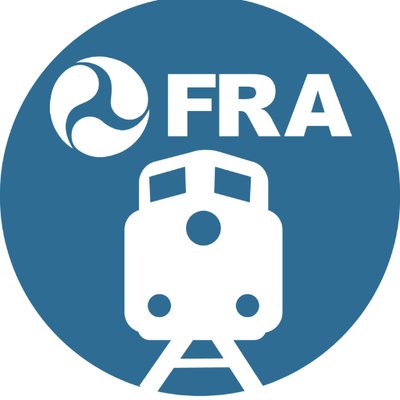
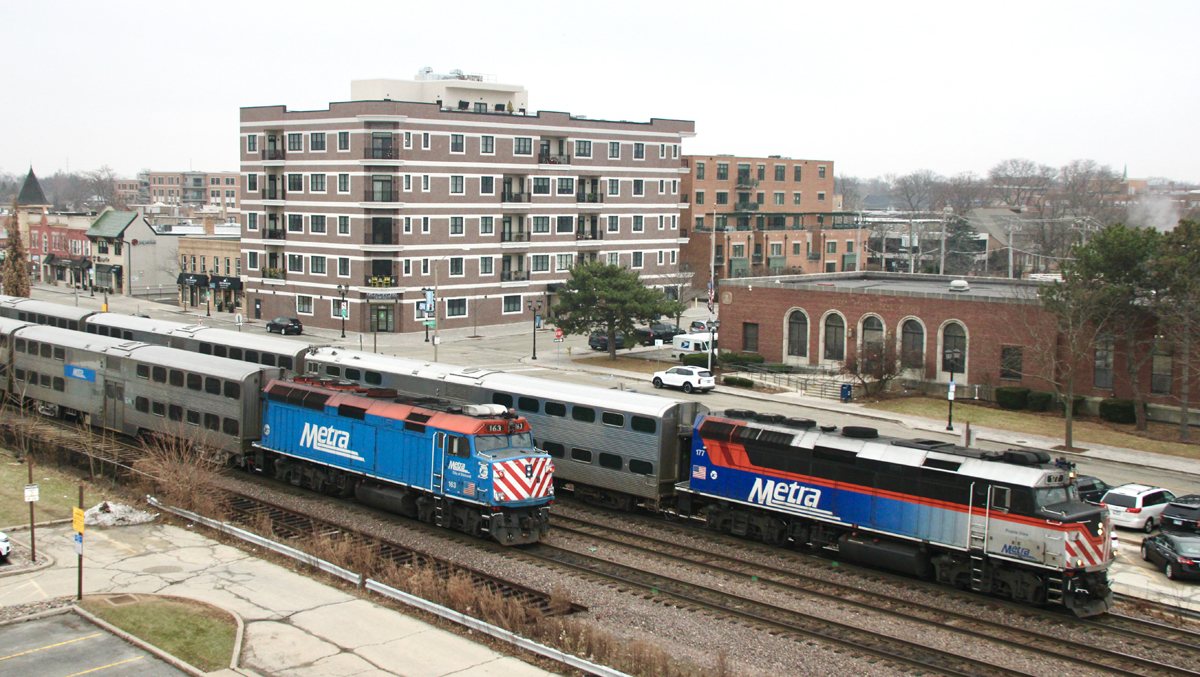
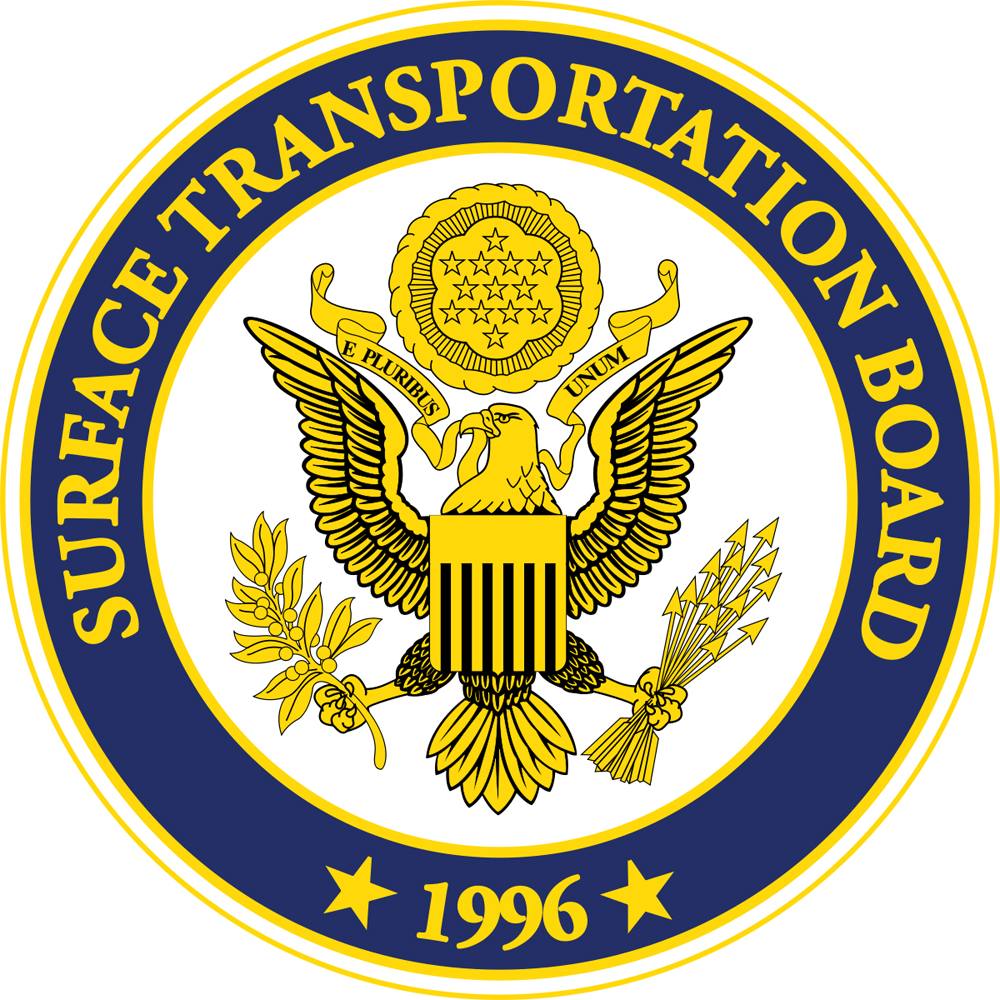
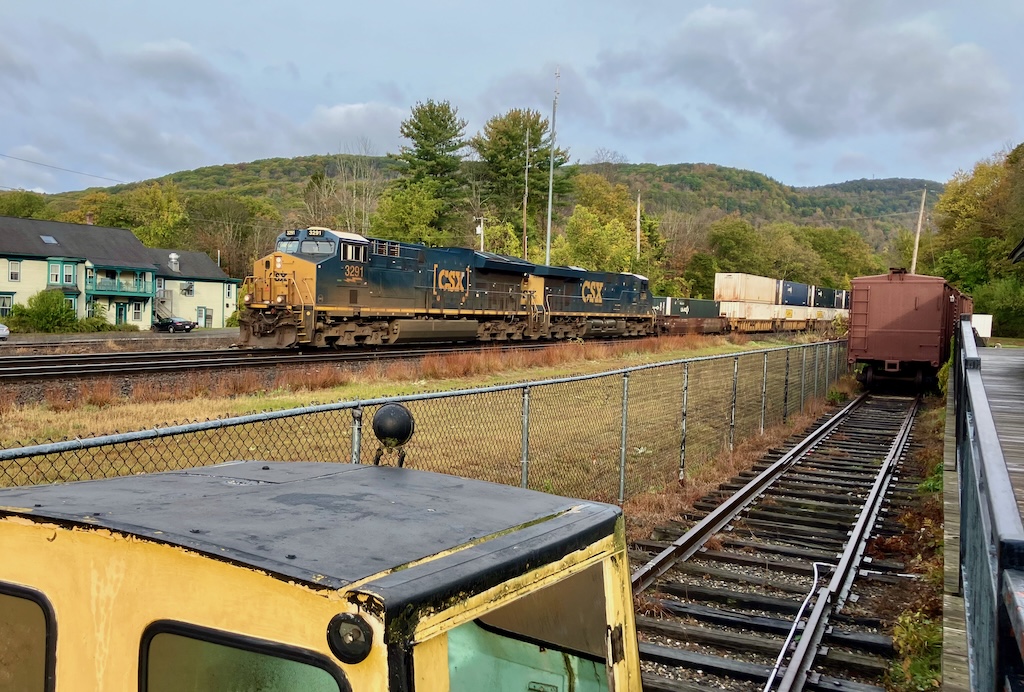




“Indeed, each of the current Board members’ commitment to their own independent and honest decision making based solely on their view of the record, as proven by their past STB service, ensures that the public interest will be protected during the merger review and final vote.”
As the financial disclaimer goes, “Past performance is not indicative of future results.” Regulatory independence and the rule of law are not likely.
I am continually annoyed by the nomenclature of “merger” in this case. It is not a merger of equals, it is an outright purchase acquisition of NS by UP. Norfolk Southern will be added to the UP system lock, stock and locos, and therefore cease to exist. (sadly) ‘Tis a nit (rivet counter syndrome?) and I guess to the public and many officials the effect is like a merger, so on we go.
Yes, Roger, it would be better just to call it what it is: A Purchase Transaction. Just like the CP/KCS so called “Merger.” (it was less a merger and more a takeover transaction.) In a few years the only remanent of KCS will be a the KC on the side of locos and freight cars which everybody will think is a reference to Kansas City, not a railroad.
NS will survive as reporting marks on the flanks of former NS equipment transforming to Armour Yellow. Engines will remain painted in NS livery and “patched” to fit the UP systemology for as long as it takes . But it is a merger only in a technical sense. UP is buying Norfolk Southern, as you say, lock stock and barrel. The last real merger pf equals was probably Norfolk & Western/ Southern Railway or before that, the infamous Pennsylvania/New York Central, definitely a merger of equals: Equally bad, even worse with New Haven shoved down their throats. It might have worked but the existence of acrimonious Black and Green teams basically ensured it wouldn’t, especially when the most qualified railroad leader, Al Perlman, was not made THE BOSS… The problem with that merger was it did not encourage competition, it stifled it and only Conrail could save it. Too bad Conrail wasn’t left to exist as its own entity as it became the potential “King Solomon” result of something deserving to be left intact, but instead split down the middle for no good reason… That’s what happens when bureaucrats who know nothing about anything call the shots… Same old , Same old…
Why are we overstating the case? Typically in a merger one of the companies is stronger or bigger than the other. So what? It’s still a merger.
You’d be surprised at how things have changed since you left the Board Mr. Oberman. 1) Jim Vena has already flattered trump and kissed the Golden Ring and 2), considering trump’s love of money and the high stakes involved, there will more than likely be under-the-desk dealings to sweeten the pot which both NS and UP will agree to.
3) Departure of a distinguished member of the Board, forced out by the White House.
Sounds like T D S to me….
I respect Mr. Oberman and his vast experience in the regulatory system. However, we all know that the current occupant of the White House has no problem interfering with formerly independent agencies and lying about why he’s doing so. We will see if there will be a difference with the STB in this matter.